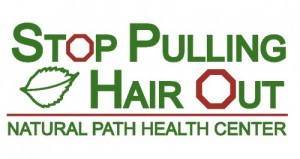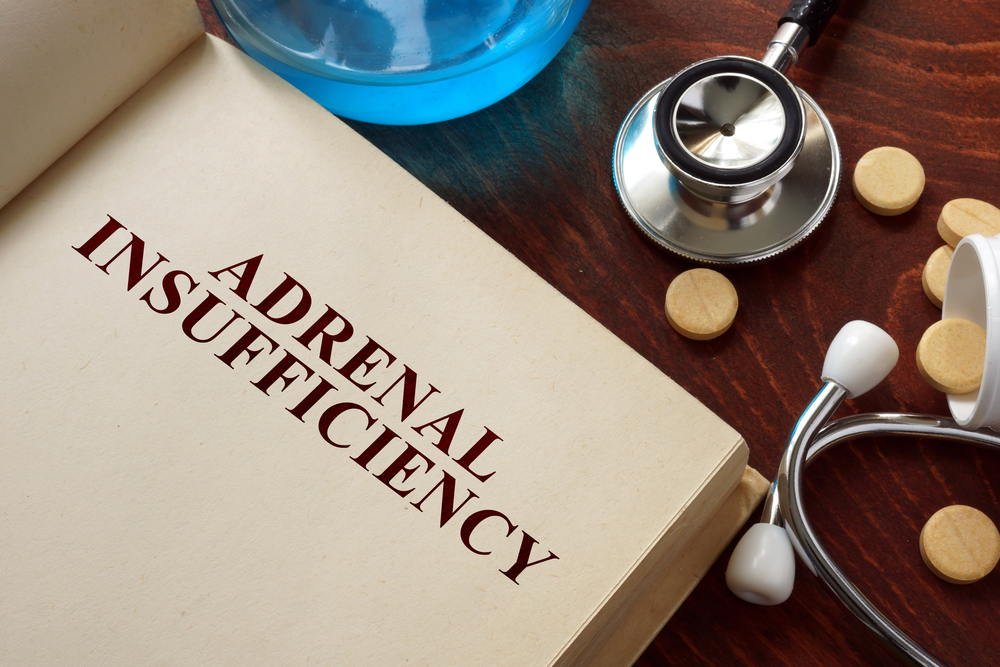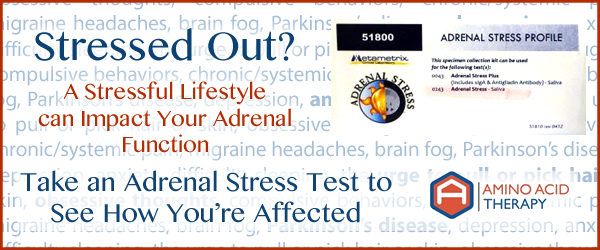Adrenal fatigue is one of the most common considerations for anyone experiencing chronic fatigue, lethargy and/or chronic illness. Your adrenal glands are often referred to as your ‘fight-or-flight’ organs, as they help the body respond to stressors. Even though you won’t find the term ‘adrenal fatigue’ in any medical textbooks (i.e., adrenal fatigue is not an official medical disease/condition), it is nevertheless a major player in many cases of chronic illness and addressing adrenal fatigue properly can be very important in order to regain your health.
Adrenal Fatigue and Health
Determining how well your adrenal glands are helping you adapt to stress can be crucial in determining the correct course of action to regain your health. Specific functional testing for the adrenals (i.e., Salivary Adrenal Function Testing) is the most accurate way of determining the current state of your adrenal health. Determining the stage of adrenal health is beneficial (and often necessary) in order to determine (a) the correct support techniques required to restore optimal adrenal function (i.e., diet, lifestyle changes, supplementation needs, additional therapies, etc.), (b) if supplements are necessary, which one(s) would be most beneficial, (c) whether or not exercise is beneficial (or if contraindicated) and what forms would be most appropriate and (d) how long the recovery process may take.
There are four stages of adrenal fatigue, and knowing which stage you are in makes a great deal of difference, as each stage requires its own specific dietary, lifestyle, supplemental and supportive therapies. As importantly, certainly things – like exercise and detoxification – should only be used during certain stages of adrenal fatigue. For instance, a person in the latter stages of adrenal fatigue should not exercise (at least not strenuously) as their body is already run down with little reserve. Likewise, detoxification programs should be tailored to the stage of adrenal fatigue.
Detoxification and Adrenal Function
The term “detoxification” is typical used to describe the bodily processes that help us process and eliminate toxins from our body. These toxins may be internally and/or externally derived. External toxins include things like pollution, pesticides/herbicides on our food, chemical exposure (household cleaning products, care exhaust, outgassing of carpet/rubber, etc.), sugar, artificial color/flavors/preservatives and alcohol. Internally derived toxins can include metabolic byproducts due to infection, chronic inflammation, improper digestion, improper diet and hormones. The liver does the lion’s share of the work in detoxification, followed by the gastrointestinal tract, kidneys, skin and lungs.
Detoxification programs usually try to support the liver and other organs involved with the removal of toxins in an attempt to help the body rid itself of toxins that may be interfering with optimal function. On the surface, it would appear that detoxification programs would benefit everyone. And this is true most of the time. However, if a person is in the latter stages of adrenal fatigue, it is usually best to postpone formal detoxification programs until the adrenals are functioning better.
Detoxification is a heavily nutrient dependent process, which means that it requires a lot of nutrients to function properly. In addition, detoxification processes put additional stress on the body as a whole. If a person is in the latter stages of adrenal fatigue, they are already in a very compromised state with little to no reserve left for additional stressors. This is not the time to initiate a detoxification program.
Rather, a person in the latter stages of adrenal fatigue needs to work with a health care professional that can help them rebuild their reserves so they can recover some of their lost vitality. Once they are feeling better and testing indicates that sufficient healing has taken place, then they can begin to consider detoxification as a way to continue on their path towards better health.



